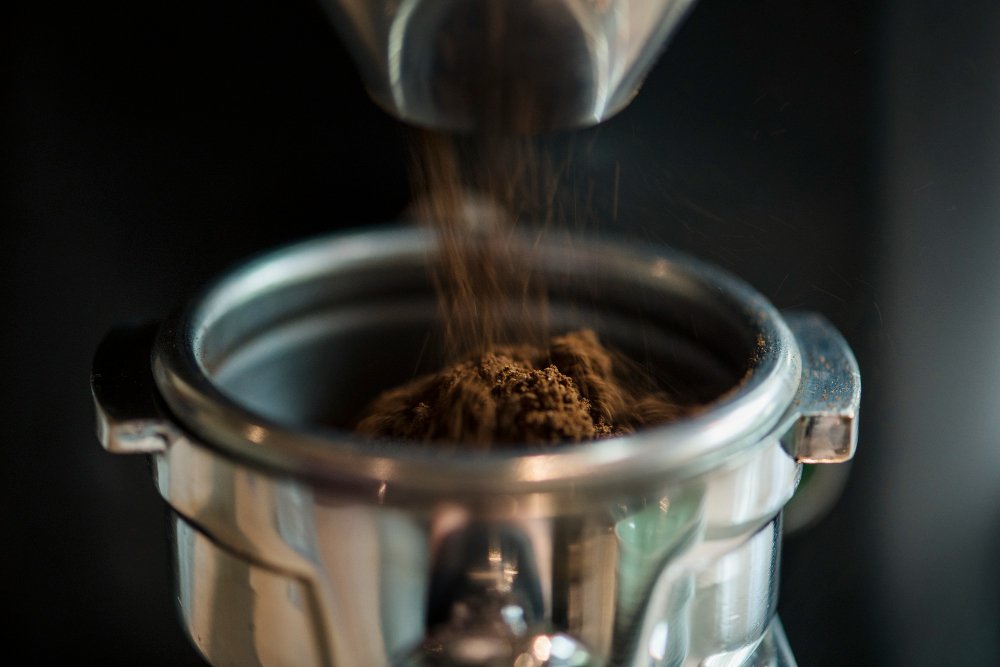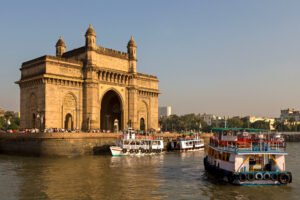For many coffee lovers, the thought of drinking decaf can feel like a compromise. We crave the rich aromas, complex flavors, and comforting rituals of coffee—but not always the buzz of caffeine that comes with it. Whether you’re sensitive to caffeine, trying to cut back for health reasons, or simply want a cup you can enjoy any time of day, decaf offers a solution. But not all decaf is created equal.
That’s where water processed decaf coffee comes in. This guide will help you understand what it is, how it’s made, and why more coffee enthusiasts are choosing it as their go-to option for a flavorful, caffeine-free brew.
What Is Water Processed Decaf Coffee?
Water processed decaf coffee often referred to as Swiss Water Process decaf is a type of decaffeinated coffee that uses pure water instead of chemicals to remove caffeine from the beans. Unlike traditional methods that rely on solvents like methylene chloride or ethyl acetate, the water process is 100% chemical-free.
The process was first developed in Switzerland in the 1930s, but it wasn’t until the 1980s that it gained widespread use in specialty coffee. The goal was simple: to create decaf coffee that retained the original flavor of the beans, without the use of chemicals.
Today, the Swiss Water Process is widely regarded as one of the cleanest, most effective methods for creating high-quality decaf coffee.
How Does the Water Process Work?
The science behind water processed decaf is both simple and ingenious. Here’s a step-by-step breakdown of how the method works:
- Soaking the Beans: Raw, unroasted green coffee beans are soaked in hot water to dissolve the caffeine and soluble flavor compounds.
- Creating Green Coffee Extract (GCE): The water now contains both the caffeine and the flavors of the coffee. This solution is filtered through carbon filters that remove only the caffeine, leaving the flavor compounds in the water. This flavor-rich, caffeine-free liquid is called Green Coffee Extract (GCE).
- Decaffeinating New Beans: A fresh batch of green beans is introduced into the GCE. Since the solution is already saturated with flavor compounds, only the caffeine is drawn out of the beans via osmosis—leaving the flavor intact.
- Drying and Packaging: After the caffeine has been removed, the beans are dried, bagged, and ready to be roasted. The result? Coffee beans that are 99.9% caffeine-free but rich in their original flavors.
This gentle, chemical-free approach is what sets water processed decaf coffee apart from other decaf options.
Why Choose Water Processed Decaf Coffee?
1. Better Flavor Preservation
One of the main reasons coffee lovers shy away from decaf is the perception that it doesn’t taste as good as regular coffee. And in many cases, that’s true—especially when decaf is made using chemical solvents that can strip away the delicate oils and aromatics responsible for a coffee’s character.
Water processed decaf, however, is known for preserving much more of the coffee’s original flavor profile. Whether you love fruity African coffees, nutty Central American beans, or deep, chocolatey blends, you’ll find that water processed decaf retains the nuances you love.
2. Chemical-Free and Healthier
If you’re looking for a natural option, water processed decaf is the way to go. There are no synthetic solvents involved just water, time, and a filtration system. This makes it a safer, cleaner choice for those who are health-conscious or who want to avoid potential chemical residues.
For people sensitive to caffeine (or those managing conditions like pregnancy, high blood pressure, or anxiety), water processed decaf offers a way to continue enjoying coffee without the jitters or sleepless nights.
3. Environmentally Friendly
The Swiss Water Process is also more sustainable than solvent-based methods. The process uses only water and carbon filters, and the Swiss Water facility in Canada is certified organic, kosher, and halal. The entire system is designed with environmental responsibility in mind, making it a great choice for eco-conscious coffee drinkers.
4. Transparency and Trust
When you buy Swiss Water decaf, you know exactly how your beans were decaffeinated. Many specialty coffee roasters proudly display the Swiss Water Process label because it signifies a commitment to quality and transparency.
Common Myths About Decaf Busted
Let’s clear up some misconceptions about decaf and water processed decaf in particular:
Myth 1: Decaf Tastes Bad
Not true at least not anymore. With water processed decaf, many coffee drinkers can’t tell the difference between regular and decaf when brewed properly.
Myth 2: Decaf Is Completely Caffeine-Free
While water processed decaf removes 99.9% of caffeine, trace amounts may remain. A typical 8-ounce cup of decaf contains about 2-5 mg of caffeine far less than a regular cup (~80-120 mg).
Myth 3: Decaf Isn’t Real Coffee
Decaf is made from the same high-quality coffee beans as regular coffee just with the caffeine removed. It’s still real coffee, with all the aroma, body, and flavor you expect.
How to Choose and Brew Water Processed Decaf Coffee
Ready to try it for yourself? Here are some tips for getting the best out of water processed decaf:
1. Look for the Swiss Water Label
Not all decaf is water-processed, so check the packaging or product description. Specialty roasters often highlight this information proudly.
2. Buy Freshly Roasted Beans
Like any coffee, freshness matters. Look for beans roasted within the last few weeks, and consider grinding them fresh at home for the best flavor.
3. Match Brew Method to Bean
Experiment with different brew methods like pour-over, French press, or AeroPress depending on the roast level. Medium or light roast Swiss Water decafs shine in pour-overs, while darker roasts make a great cup in a French press.
4. Mind Your Ratios
Start with a 1:16 coffee-to-water ratio (e.g., 20 grams of coffee for 320 grams of water) and adjust to taste.
Final Thoughts: Is Water Processed Decaf Worth It?
If you’ve been avoiding decaf because you think it’s bland or “not real coffee,” it’s time to rethink that. Water processed decaf coffee offers a solution that lets you enjoy your favorite beverage without sacrificing flavor, health, or peace of mind.
By choosing Swiss Water Process or other water processed decaf, you’re getting:
A cleaner cup with no chemical residues
A better flavor experience that’s true to the bean’s origin
A safer option for those sensitive to caffeine
An eco-friendly choice that supports sustainable practices
In other words, it’s coffee you can feel good about—any time of day.
So next time you’re in the mood for a cup, don’t hesitate to explore the world of water processed decaf. You might just discover a whole new way to enjoy coffee, minus the caffeine buzz.


